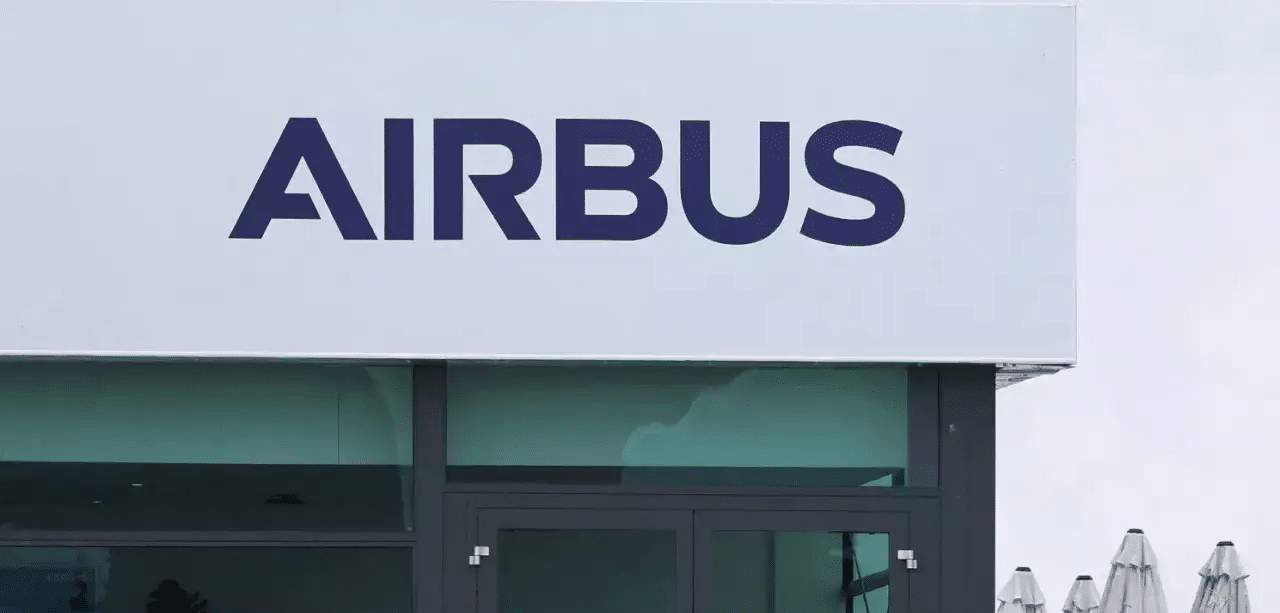Airbus Announces Job Cuts Amidst Competitive Challenges

Airbus, the European aerospace giant, has recently announced significant job cuts in its Defence and Space division. The company plans to reduce its workforce by approximately 2,000 positions, which accounts for about 5% of this crucial unit. This decision comes as Airbus grapples with increasing competition from American firms in the satellite sector. Although the cuts are substantial, they are less extensive than initially anticipated. The company aims to streamline operations and enhance efficiency in response to evolving market dynamics.
Impact of Competition on Airbus
The aerospace industry is undergoing a transformation, particularly in the satellite segment. European manufacturers, including Airbus, have traditionally focused on high-end geostationary satellites. However, the rise of cost-effective small satellites, especially those from Elon Musk’s Starlink constellation, has disrupted this market. As a result, Airbus’s Space Systems business will bear the brunt of the job cuts, with 1,128 positions affected due to significant losses in satellite-related projects.
The competition is not just limited to satellites. The entire aerospace sector is witnessing a shift in demand and technology. Companies must adapt quickly to remain relevant. Airbus’s decision to cut jobs reflects a broader trend in the industry, where firms are reassessing their strategies to cope with new challenges. The job cuts are part of a larger efficiency initiative aimed at reducing overhead costs and improving competitiveness against emerging rivals.
Distribution of Job Cuts Across Europe
The job cuts will not be evenly distributed across Airbus’s European operations. Germany will face the largest reduction, with 689 positions eliminated. France will see 540 cuts, while the UK will lose 477 jobs, and Spain will cut 303 positions. Other peripheral nations will account for 34 job losses. This distribution is particularly sensitive due to the political implications of workforce reductions in the founding nations of Airbus.
Airbus was established over five decades ago through collaboration among Germany, France, Spain, and the UK. Each country plays a distinct role in the company’s operations. France is home to Airbus’s main headquarters and jetliner production, while Germany oversees defence and space operations. Spain is responsible for military transport aircraft assembly, and the UK specializes in satellite payloads and communications systems. The job cuts, therefore, not only impact the workforce but also have potential political ramifications in these countries.
Strategic Initiatives Amidst Job Cuts
In light of the job cuts, Airbus is also pursuing strategic initiatives to bolster its competitiveness. One such initiative is “Project Bromo,” which aims to merge Airbus’s satellite operations with those of Thales and Leonardo. This merger is designed to enhance the collective capabilities of these companies and better position them against competitors like Starlink.
The job cuts are scheduled to be completed by mid-2026 and will primarily target administrative and management roles rather than operational positions. This approach aims to minimize disruption to core operations while focusing on reducing fixed expenses. The governments of the founding nations, which hold significant stakes in Airbus, have been briefed on these developments as part of the Proton reorganization initiative.
Observer Voice is the one stop site for National, International news, Sports, Editor’s Choice, Art/culture contents, Quotes and much more. We also cover historical contents. Historical contents includes World History, Indian History, and what happened today. The website also covers Entertainment across the India and World.

